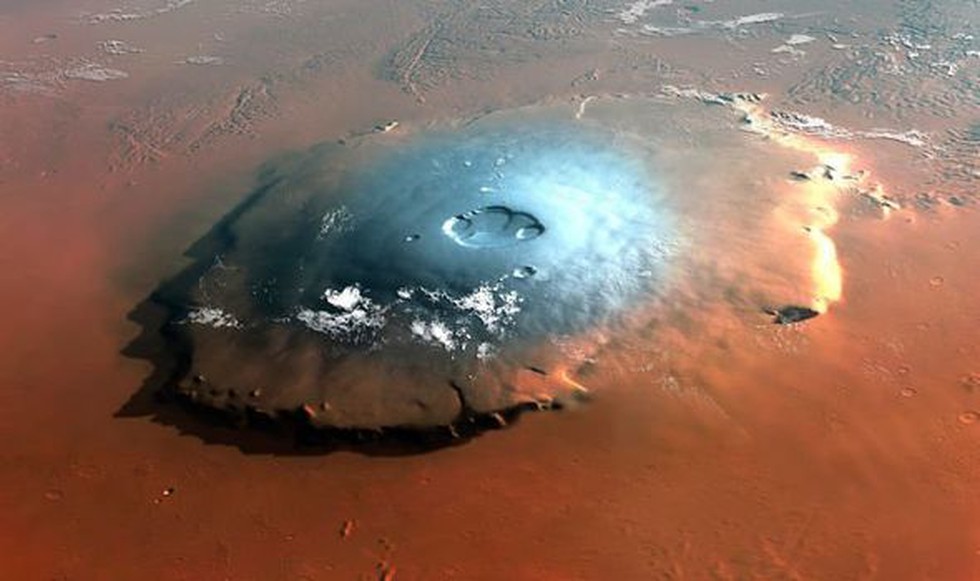About the discovery of Liquid Water on Mars
- Key Points:
- First discovery: This discovery marks the first time that scientists have found evidence of liquid water on the Martian surface, beyond the known presence of water ice at the planet's poles.
- Study details: The study, titled "Liquid water in the Martian mid-crust," was published in the prestigious Proceedings of the National Academy of Sciences (PNAS).
- The research was conducted by a team of scientists from the University of California.
- Significance:
- Mars' water cycle: The discovery could deepen our understanding of Mars' water cycle, providing insights into the planet's climatic history, surface processes, and internal structure.
- Search for Life: The presence of liquid water boosts the potential for finding habitable environments, enhancing the ongoing search for life on Mars.
- Methodology:
- Data source: The researchers utilized data from NASA's InSight Lander, which operated on the Martian surface from 2018 to 2022.
- Seismic analysis: The lander was equipped with a seismometer that recorded more than 1,300 Marsquakes and meteorite impacts over four years.
- Geophysical modelling: By analysing the speed of the seismic waves, the researchers could infer the type of material the waves travelled through and apply a geophysical model to identify the presence of liquid water.
- Key findings:
- Depth and Location: The study identified a water-containing layer located at depths of 10 to 20 kilometres within the Martian crust.
- Water source: The water is believed to have seeped from the surface billions of years ago when Mars had a warmer climate and more permeable upper crust, similar to groundwater infiltration on Earth.
- Volume estimate: If the findings are representative of the entire planet, the amount of water trapped in these rock fractures could fill an ocean 1-2 kilometres deep across Mars.
- Implications:
- Potential for Life: The discovery of liquid water raises the possibility of finding life, as water is a key ingredient for life as we know it. The conditions may be similar to Earth's deep-sea environments, which harbour life despite extreme conditions.
- Colonisation challenges: Extracting water from depths of 10 to 20 kilometres poses significant challenges, complicating plans for human colonization of Mars.
